Do Small Businesses Need an Employee Handbook?
By Dan Darabaris
“I only have a few employees, do I really need a handbook?” This is a question we get a lot, and our answer is always an unequivocal yes!
While you are not legally required to have an employee handbook, creating one is good for business, whether you are a large corporation with an extensive workforce or a small business with only a handful of workers. Here are five reasons why.
Why Your Business Should Create an Employee Handbook
1. Communicates Your Mission, Vision and Values
Everything your company does should be founded on your mission, vision, and values. So, it’s important that your employees understand and embrace them. When you outline why your company exists, what you want to accomplish, and why you do what you do in an employee handbook, your workers have a better grasp on your purpose, making them more inclined to want to be an integral part of your organization.
2. Outlines Policies and Expectations
An employee handbook clearly lets employees know what behavior is and is not OK in the workplace. Think of it as a guide of what is expected and how your workers should conduct themselves. By outlining the policies and procedures employees need to follow, from start times and overtime to personal internet use, along with the repercussions for failing to do so, you can save yourself from headaches and possible legal problems based on miscommunication or misunderstanding.
3. Streamlines Onboarding
A handbook is also helpful for new hires as it can help them more quickly acclimate to the workplace and settle into their new position. Rather than guess at something or ask management, the employee can simply reference the handbook to find answers to many of their questions.
4. Ensures Consistent Enforcement
When you put your policies and procedures in writing, you are more likely to have uniform and consistent enforcement of them. Having them contained within the employee handbook helps ensure management is following the same roadmap for all workers.
5. Reduces Conflict and Creates a Positive Culture
If you don’t clearly define your policies and procedures and how you will enforce them, there can be miscommunication and inconsistent enforcement. This can lead to actual, or misperceptions of, unfair treatment and/or allegations of discrimination, creating a negative or toxic workplace culture. Codifying everything in your employee handbook can alleviate misunderstandings, help ensure everyone is treated in the same way, and create an environment where employees feel respected, which can enhance productivity.
If you want to create an employee handbook for your company, we’re happy to help. Contact us to learn more.
 En Español
En Español








